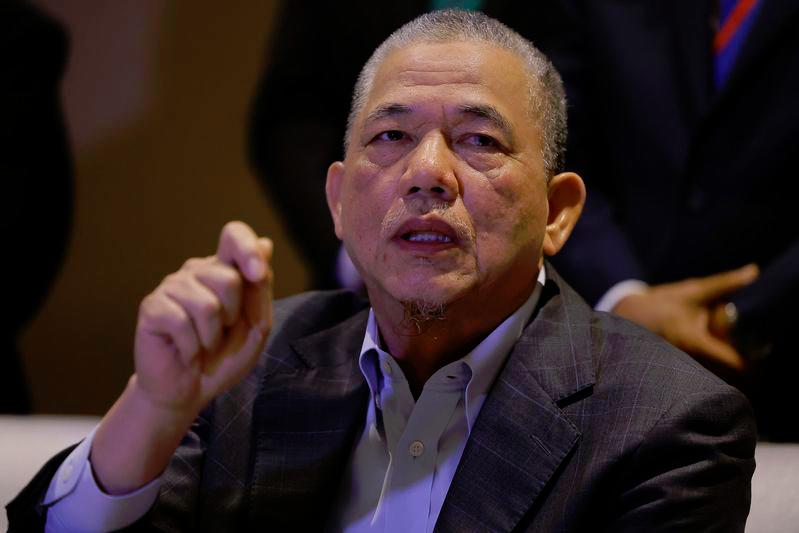PUTRAJAYA: The government views third sector organisations in Islamic finance, including zakat (tithe), waqf, and infaq institutions, as having a significant role in ensuring sustainable and equitable economic development in the country, said Deputy Prime Minister Datuk Seri Fadillah Yusof.
He noted that third-sector institutions can be mobilised in Islamic finance to achieve these development goals.
“Although these institutions are under government supervision, they receive contributions in the form of zakat, waqf, or infaq from the public that can be utilised according to prescribed procedures,“ he said during his officiating speech at the Malaysian Islamic Economic Development Foundation (YAPEIM) Regional Forum (FSY) 2024 here today.
Fadillah highlighted that the third sector also has the potential to support economic development by creating job opportunities and providing assistance to nano, micro, and small businesses.
“Through programmes designed to enhance skills and capabilities, this sector can help strengthen the economy by increasing the role of nano, micro, and small enterprises.
“By providing training and education to individuals, the third sector can also help improve the skills of the workforce. This not only benefits individuals but also contributes to the economy by producing a more skilled workforce,“ he said.
Fadillah also stressed the importance of maintaining high levels of governance in the third sector, as it relies on contributions from the public to be redistributed for the benefit of society.
Recognising the critical role the third sector plays in supporting societal well-being and economic development, the deputy prime minister emphasised the need to continuously ensure that the governance of charitable institutions remains excellent to maintain public trust and ensure effectiveness.
“Among the key governance issues related to endowments are transparency and accountability. The community needs assurance that the contributions made are used appropriately and effectively.
“Without clear and detailed financial reports, public trust in these institutions may be eroded, leading to reluctance in contributing,“ he said, adding that the misuse of funds could raise concerns among donors and reduce future contributions.
Commenting on FSY2024, Fadillah noted that the forum, organised in conjunction with YAPEIM’s 40th anniversary, is particularly meaningful for the agency, which has long been contributing to Islamic economic development, education, and social progress.
“I have been informed that over the past 40 years, YAPEIM has distributed a total of RM700 million to 10 million beneficiaries. Just last year, RM30.7 million was distributed, benefiting around 1.5 million people,“ he said.
Meanwhile, YAPEIM chairman Datuk Mohd Radzif Mohd Yunus said that the findings and insights gathered during FSY 2024 will be submitted to the government as recommendations from YAPEIM to further strengthen MAlaysia’s Islamic economy.
FSY 2024, themed ‘Empowering the Civil Economy Through Regional Network Synergy’, is ongoing until tomorrow and features nearly 60 speakers and panellists from both local and international backgrounds who will discuss new strategies and practical initiatives to advance the economy and Islamic finance in the Southeast Asian region.
Among the topics to be discussed include efforts to combat extreme poverty and inequality, Islamic finance, financial technology, high-value economies, the digital economy, halal industry, Islamic tourism, as well as the empowerment of Islamic institutions and agencies.









